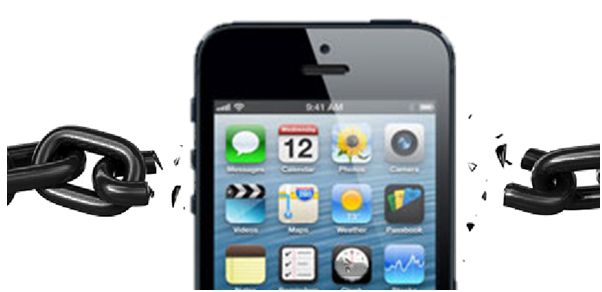As of Jan. 2013, a new law states that people can be fined as much as $500,000 and serve up to five years in prison as a consequence for jailbreaking a cellular device. Jailbreaking is the process of unlocking phones in order to use them with other phone carriers. This act is performed to break digital locks to accessinformation that is unauthorized to the public. While jailbreaking a phone is now illegal, this is only a minor offense and therefore should not lead to very harsh punishments. Furthermore, such restrictions on jailbreaking are bringing inconveniences to the public. The environment will also pay a high price as phones will turn into waste more quickly due to the inability to resell these used phones that cannot be jailbroken.
The new law states that a person can be convicted up to five years, the same amount of time as someserve for worse offenses, such as assault and battery, simply for unlocking a phone. For repeated offenses, the consequences rise to a $1 million fine and up to 10 years in jail. Though a judge and jury are unlikely to make this sentence, the ludicrous price for the crime is unjust.
“I think that the law will vex the users of these products and a lot of people will be convicted and fined
because many people may not be aware of this new consequence,” said junior Jenna Conwisar.
This affects the public, as consumers who buy reused phones largely prefer buying them unlocked. While buying an unlocked phone is still possible if it is purchased from a carrier, this is much more expensive than if a consumer performed the task himself. Making jailbreaking illegal supports the power of phone companies rather than their users.
When phones are unable to be reused, they become an unnecessarily large contribution to solid waste. They are sent straight to landfills and become a major source of pollution. The government will then have to spend more money for toxic cleanup and restoration.
Though the government may believe that this recent smartphone law will benefit the public, this
measure will favor the monopolization of phone companies rather than the consumer.









